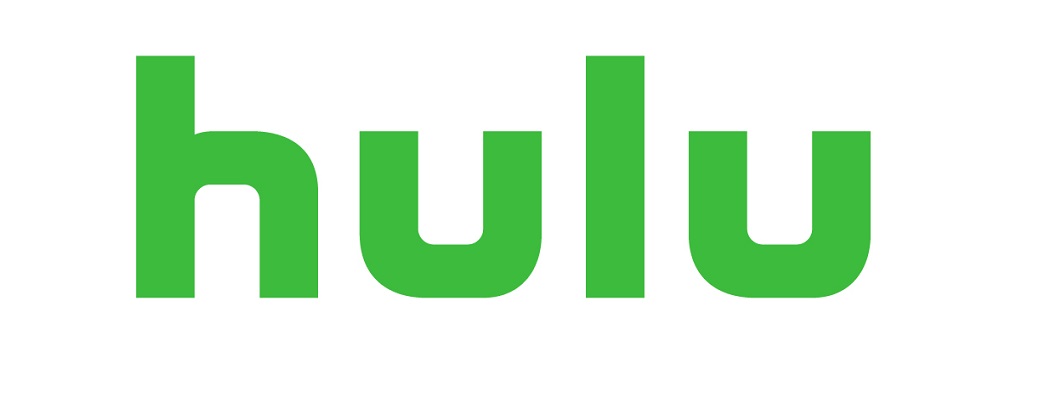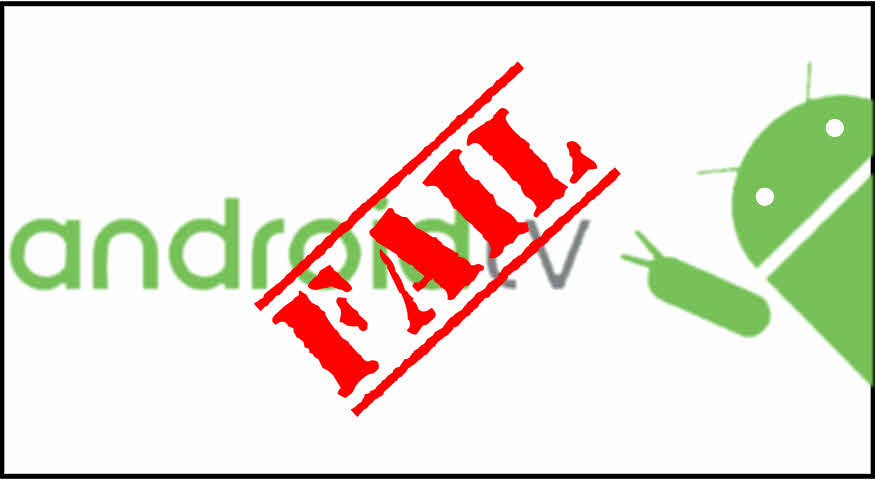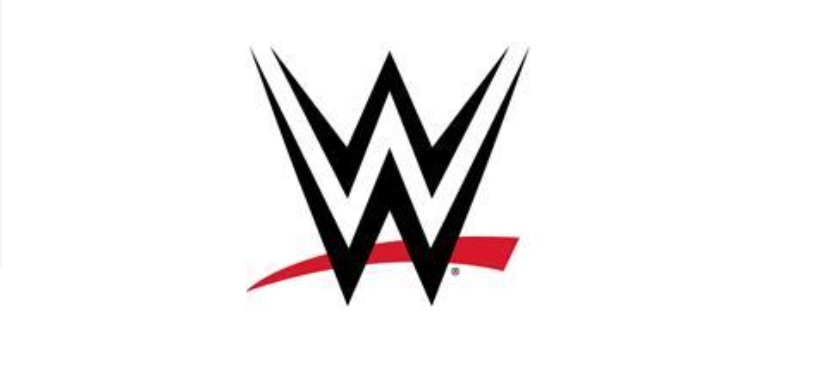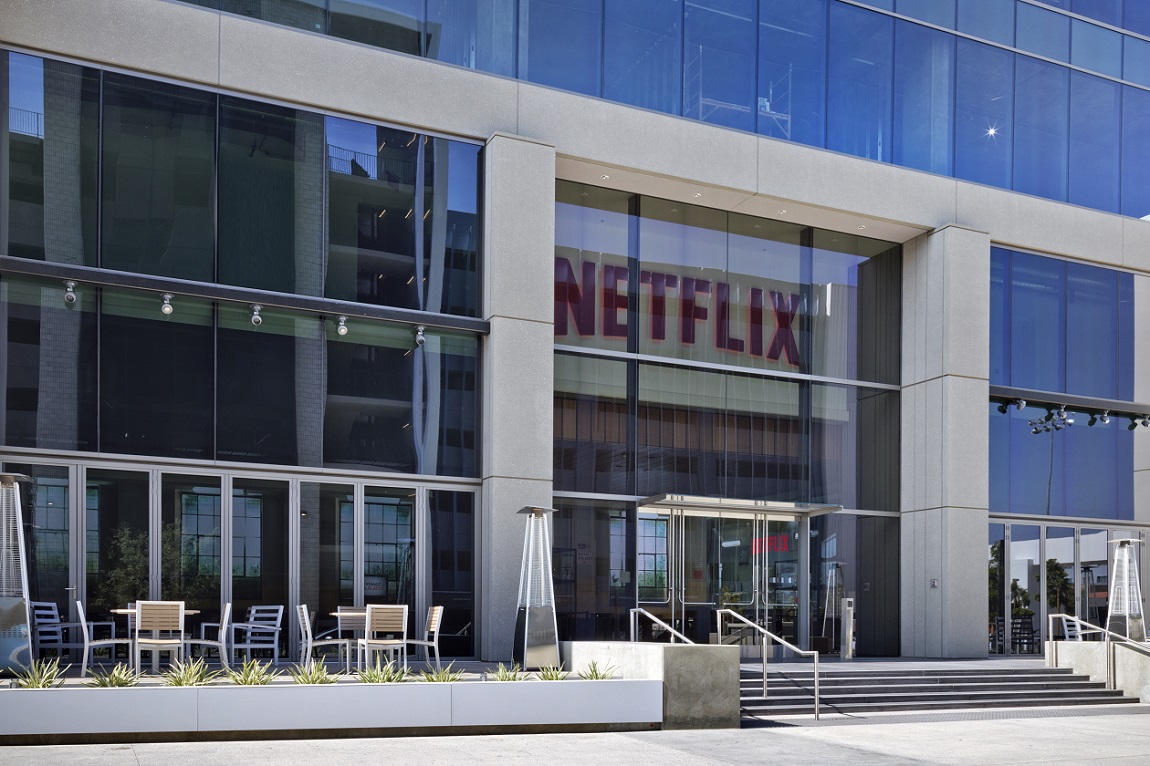It seemed pretty obvious to The Streaming Advisor why Disney wanted full control of Hulu when it bought out its partners. Now it is crystal clear as to why it did so. Next TV reported that during its Upfront presentation, Disney hammered home how its streaming option with Hulu gives advertisers a far better understanding of its audience and even allows for more targeted advertising to millions of its customers. This is being coupled with the reach of one of the major TV networks ABC and other cable offerings from Free Form and the Disney Channel.
Make no doubt, while profiles are nice for helping keep your favorites in place and avoiding suggestions “just for you” to be clouded with what your kids, room mate or spouse likes they are also about money. Why do you think so many of them ask how old you are, what kinds of things do you like and your sex? It’s so later they can go to an advertiser and say he we have 6 million people watching Saturday Night Live who are men 18-24 years old. Why don’t you advertise that new phone here. Hey the audience for the classic Twilight Zone is 80% people between 60-70 we think you should by time for your additional medical and life insurance during streams of that (all of those numbers are made up btw).
It’s seemingly simple play to combine Hulu, Disney+ and ESPN+ in a $12.00 bundle has encouraged customers to put things together giving Disney a heavy dose of the coveted 18-50 male demographic from ESPN+ who can be encouraged to watch content on Hulu while watching sports. It genius in its simplicity and yet advanced in its prescience concerning where the market is going.
In many ways this sort of power shows that services would all be better served by offer ad-supported versions of their content. Especially new ones just getting started. Comcast’s amalgamation of content and live streaming, Peacock has such a complicated subscription structure that I challenge anyone not at the company to explain exactly what you get with a subscription and what you get without one. Their customer service certainly couldn’t and they had a script. But if it was forward thinking enough to simply build out its service as a way to sell new and old shows to advertisers on a new platform which will eventually feature the Olympics it could get a lot of eyes. Copying what it should have learned from its experience with Hulu by having a paid commercial free tier and an ad-supported tier could pay off big time. But why would we expect anyone to learn from History.





